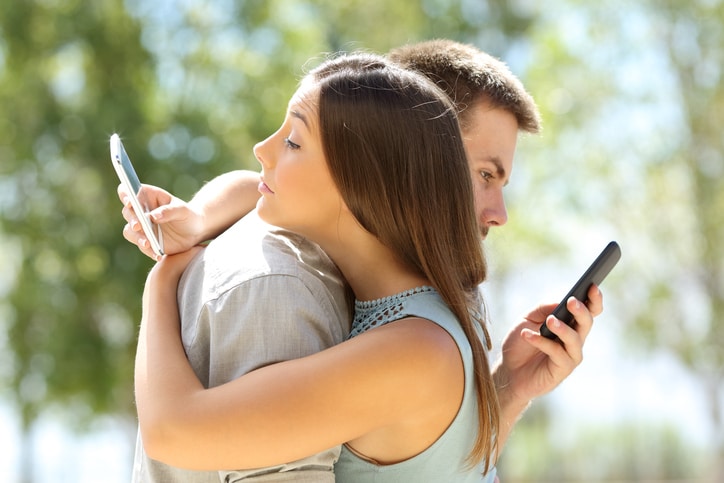
There are tons of free dating apps out there these days. Classic dating sites like Match.com and eHarmony are now considered the “old school” way of dating, even though they’ve been around for less than 20 years. We all know that dating came long before the internet, but the swipe-right mentality has certainly taken over the modern world. That may not necessarily be a good thing.
Let’s explore some of the downsides of app-based dating and why it may not be the best setup for a healthy relationship.
Love Isn’t Based on Split-Second Decisions
Dating apps are mostly based on split-second decisions. You look at a photo, read a brief profile, and decide if you want to pursue a relationship or move on. Love isn’t built in a matter of seconds though. Sure, there are moments of instant connection, but they are few and far between. Even in a traditional dating setup, it takes several dates for someone to know if they want to pursue a relationship or not. Dating apps create an expectation for love at first sight, and that isn’t realistic for most people.
More Choices Don’t Always Lead to Better Choices
We live in a world of choices: more ways to pay, more ways to buy, more ways to date, and more people to date along the way. But having more choices doesn’t necessarily mean you’ll have more success. If anything, it makes you second-guess your decisions because you always wonder what else is out there.
In many ways, having more choices often makes it harder to make a decision. Psychologist Barry Schwartz discussed this concept in his book The Paradox of Choice, in which he explains how limiting people’s choices greatly reduces their anxiety. Excess options feel overwhelming, leading to a sea of “what if?” questions.
Online Interactions Do Not Accurately Reflect Reality
It’s so easy to misinterpret a message sent online. A single text can be interpreted in many ways, and those interpretations can create conflict. Someone who leads a busy life may seem disinterested when in all reality, they just haven’t had time to talk. Dating apps do not accurately depict what reality would be for two individuals, so it’s hard to get a realistic view of the relationship.
Dating Apps Discourage Commitment – There’s Always a Backup Option
Because there are so many people on dating apps, users are less likely to commit to a relationship. They are talking to several people at once, and they know those people are doing the same. If you meet someone, hit it off, and continue dating, you’ll always know you have a backup plan if things don’t work out. Every flaw or disagreement becomes an excuse to explore other options because you know they’re out there…waiting for you. You can never have a successful relationship if you’re constantly living in the hypothetical.
The Right Way to Use Dating Apps
Dating apps have their benefits, as long as you use them properly. Here are some tips to help you do that:
- Try to set up a face-to-face interaction as soon as possible. Of course, you should always put safety first. Meet in a public place, and spend a little time getting to know someone before setting up a date. If you can get to an in-person interaction quickly though, you’ll have a better chance at assessing your true compatibility.
- Don’t judge a person by the photo alone. You might be surprised by how well you connect with someone if you take the time to read their profile and learn about their lives.
- Be honest about what you’re looking for. If you just want a physical encounter, own up to that. If you’re looking for something more, hold out for what you want. Don’t settle for the physical hoping the emotional connection will follow.
- Be realistic about your expectations. There are plenty of people to choose from, but that doesn’t mean you should wait around for Prince Charming. Everyone you meet is going to have flaws, just like you. You have to find someone with flaws you can deal with.
- Explore other dating avenues as well. There is no reason to put all your eggs in one basket. If you connect with someone at a restaurant or a store, see if you can form a relationship out of it. Most great relationships happen when people are least expecting them.
